7:00-7:50 am / One Health: The Ties That Bind
The health of humans, animals, and environments are interconnected in ways we are just starting to fully understand. These shared health threats (e.g., infectious zoonotic pathogens, environmental degradation, and pollutants) along with their potential solutions will be fully realized by using a transdisciplinary—holistic—approach. This is One Health. In this talk, we will discuss the why, what, where, how, and who of One Health with emphasis on the role of veterinarians within the growing One Health movement.
10:00-10:50 am / Endocrine Disruptive Chemicals on Wildlife and Humans
In recent years the impact that environmental toxins with endocrine disrupting capabilities, or the endocrine disruptor chemicals (EDCs), have on the health and reproductive fitness of humans and other animals has become increasingly appreciated. These EDCs are found in a wide range of products from drugs, pesticides, consumer products (e.g., tin cans and receipt paper), industrial by-products and pollutants, and all types of plastics, including microbeads. Using data from studies that the author has conducted on bisphenol-A (BPA)—probably the most well-known EDC—showing its impacts on turtle sex and behavior, insight into how EDCs are threatening both wildlife conservation and human health will be shared.
11:30- 12:20 pm / Conservation for the Private Practitioner
Veterinarians working in private practice may be on the front line of conservation. Through a “CPR” approach using effective communication, programs, and resources, it is private practitioners that may help to advance conservation initiatives. Specific ways in which private practitioners contribute may include 1) conservation outreach and education; 2) understanding and sharing exotic pet issues; 3) wildlife rehabilitation programs; 4) livestock-companion animal-ecosystem interface health issues; and 5) applying a One Health approach to ensure human health at the interface of wildlife, domestic animals and people. Using examples, we will explore this CPR approach and how to advance wildlife conservation through your hospital.
2:00- 2:50 pm / Turtle Conservation is One Health
Using the speakers 20+ years of conservation and health studies of turtle species on land and in rivers and oceans, including studies of box turtles and river turtles in Missouri, leatherback sea turtles in Gabon, and giant tortoises in the Galapagos, we will explore the conservation and health challenges threatening turtle species today. In the presentation, we will look at how veterinarian medicine may be applied to help with the conservation of turtle species. Additionally, how this veterinary work should be viewed from a One Health perspective since the threats to turtles are also threats to environments, humans, and animals alike.

